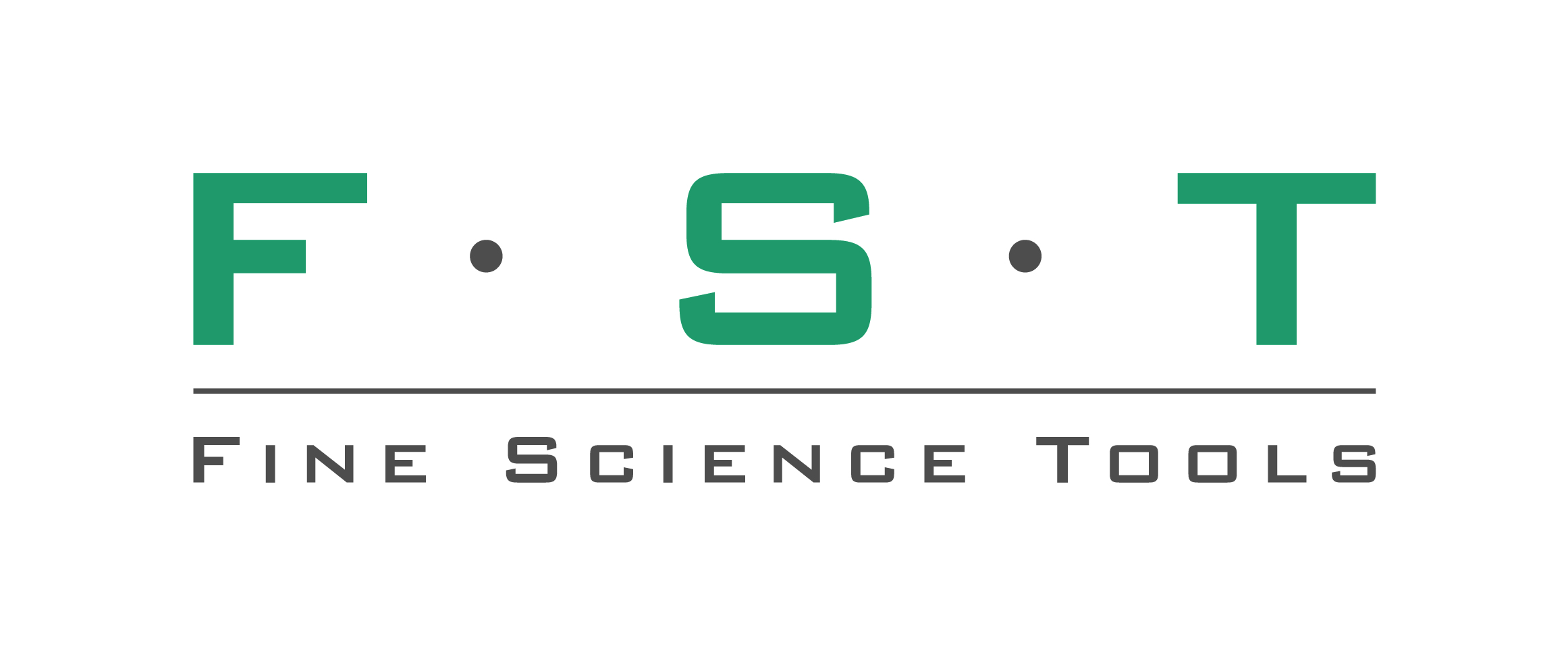Schedule
| 12:00 AM |
Day 1 Monday, October 2nd7:00 – 7:45 AM |
|

Phyllis C. Zee, MD, Ph.D.Professor, Director of the Center for Circadian and Sleep medicine, Chief of the Division of Sleep MedicineNorthwestern University |
||

Erik Musiek, M.D., Ph.D.Professor of NeurologyWashington University School of Medicine in St. Louis |
||

Vilas Menon, Ph.D.Assistant Professor of Neurological SciencesColumbia University Irving Medical Center |
| 12:00 AM |
Day 2 Tuesday, October 3rd
7:00 – 7:45 AM
|
|

Paul Territo, Ph.D.Associate Professor of Radiology, HEAD MODEL-AD Preclinical Testing CoreIndiana University |
||

Gareth Howell, Ph.D.Professor, Diana Davis Spencer Foundation Chair for Glaucoma ResearchThe Jackson Laboratory |
| 12:00 AM |
Day 3
Wednesday, October 4th7:00 – 7:45 AM
|
|

David Holtzman, M.D.Professor of NeurologyWashington University |
||

Kenneth P. Wright Jr., Ph.D.Professor of DistinctionUniversity of Colorado Boulder |
||

Gianluca Tosini, Ph.D.Professor and ChairMorehouse School of Medicine |
| 12:00 AM |
Day 4 Thursday, October 5th7:00 – 7:45 AM
|
|

Gary Churchill, Ph.D.Professor, Karl Gunnar Johansson ChairThe Jackson Laboratory |
||

Gregory Carter, Ph.D.Professor, The Bernard and Lusia Milch Endowed ChairThe Jackson Laboratory |
||

Bill Flynn, Ph.D.Associate Director, Single Cell BiologyThe Jackson Laboratory |

























